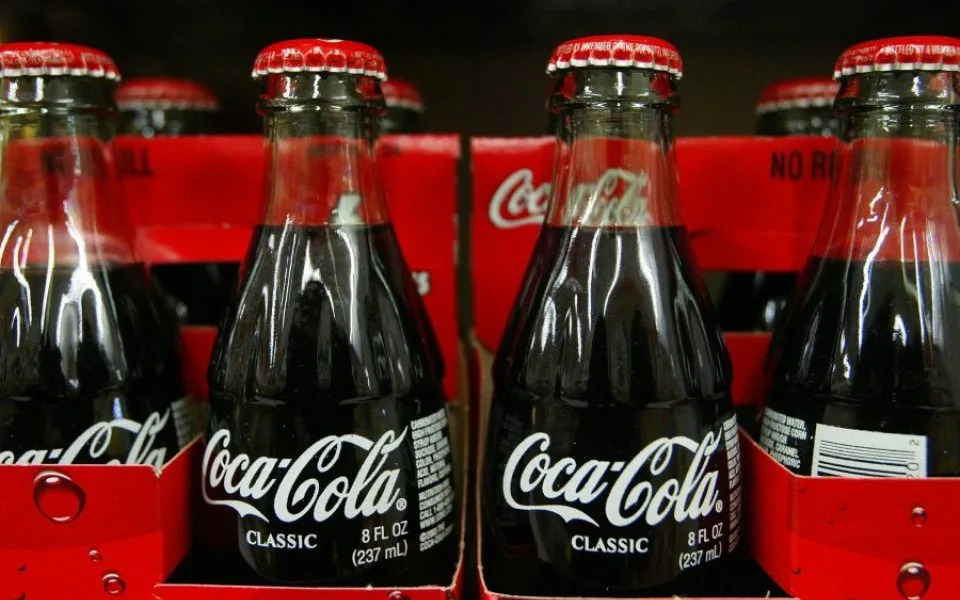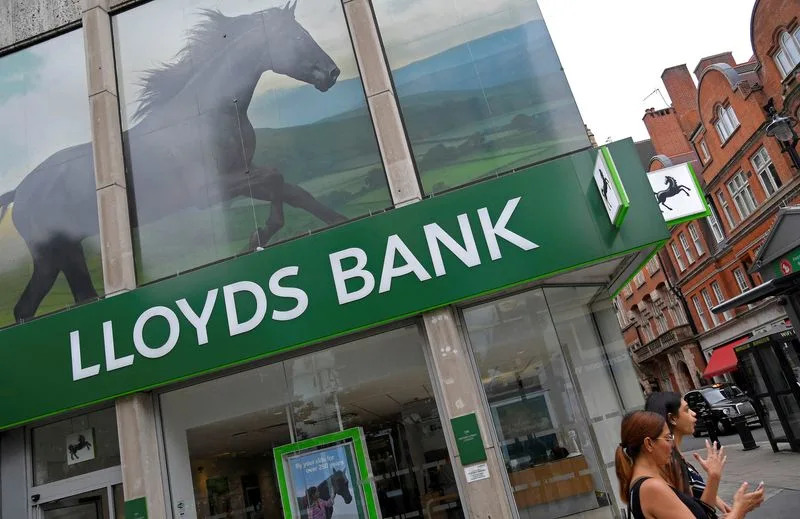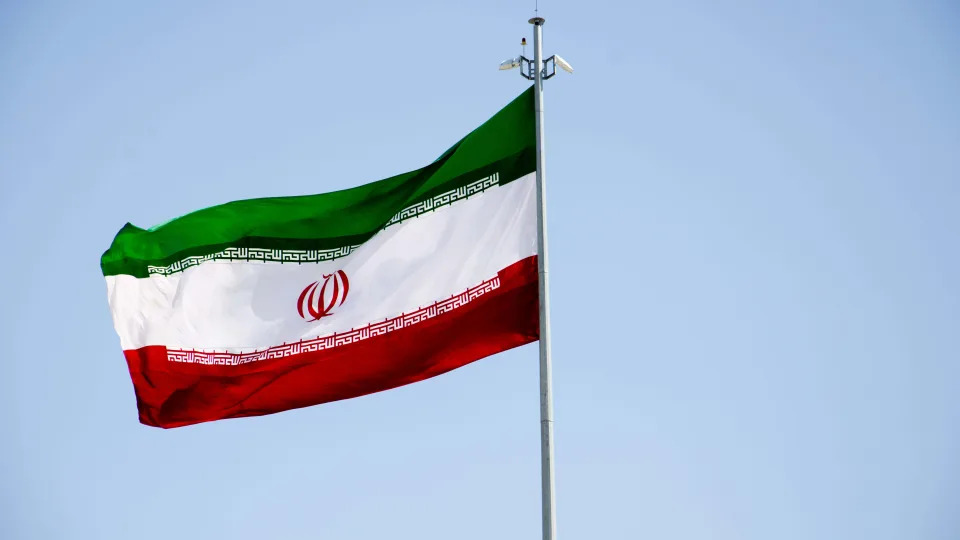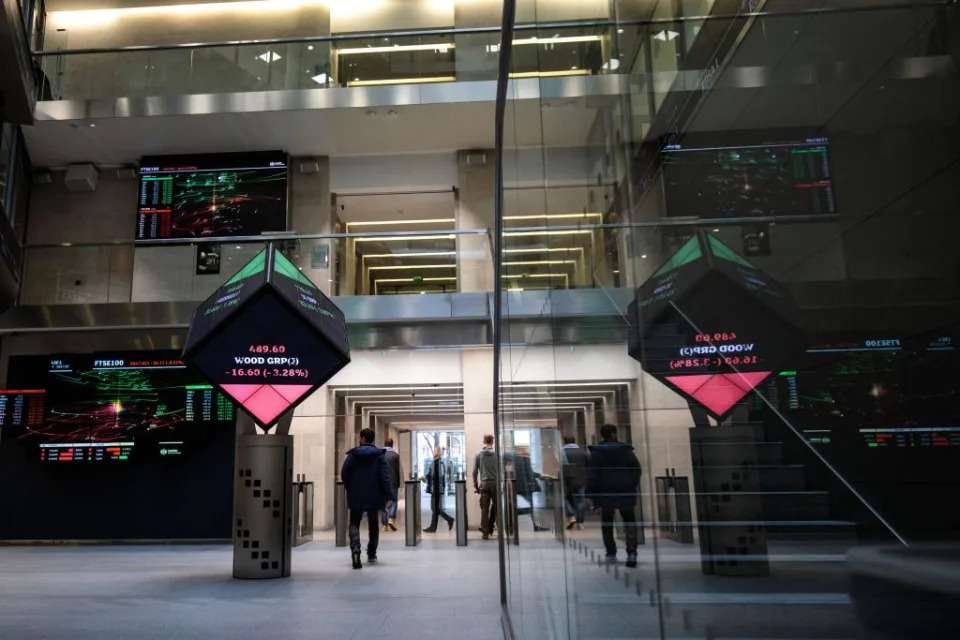Heather Stewart
The Guardian
Tue, 6 February 2024

Brewdog founders Martin Dickie and James Watt say they can no longer afford to pay the real living wage to staff.
Tue, 6 February 2024

Brewdog founders Martin Dickie and James Watt say they can no longer afford to pay the real living wage to staff.
Photograph: Alan Richardson/The Guardian
The outsourcing company Capita has become the second high-profile business to inform employees it would be dropping its commitment to the real living wage.
The independently calculated rate, born out of a grassroots campaign to improve the lives of the UK’s poorest citizens, is meant to ensure the lowest-paid can afford the basic necessities of a decent life.
But after two years of 10% increases, as inflation ripped through the economy, Capita has joined the brewer and bar operator BrewDog in telling staff it could no longer afford to pay the real living wage, which increased to £12 an hour. Unions fear more companies may be preparing to follow.
Related: BrewDog faces staff backlash after dropping real living wage pledge
At Capita, the Communications Workers Union (CWU), which represents many of the staff – who work on contracts for a range of customers including Virgin Media and Tesco Mobile – is consulting its members about the next steps.
Tracey Fossey of the CWU said: “It’s sad: these are the lowest earners and it makes a big difference to them. Capita are saying that they can’t continue it: that they don’t have the funds to support it – which we don’t agree with, when the CEO can take home more than £1.7m in 2022.”
A spokesperson for Capita said: “Our lowest-paid employees will all receive an above-inflation pay rise. We remain committed to our people and will revisit this decision when appropriate, as part of our continuing review of our cost base.”
In 2015, the then chancellor, George Osborne, rebranded the statutory minimum wage, which all companies must pay, as a “national living wage” in a backhanded tribute to the living wage campaign, which had pushed for better wages, among other demands, including regular hours and fewer antisocial shifts.
But the “real living wage” campaign, as it renamed itself, continues to commission research and set its own, higher wage floor, based on the cost of living for low-paid workers, and to encourage firms to pledge to pay it.
Katherine Chapman, the director of the Living Wage Foundation, which is the guardian of the standard, said she was “disappointed” about Capita and BrewDog’s decisions to drop it, but insisted the movement was still going strong.
“We’ve had two years of significant increases in the rates, because of what has happened to the cost of living. But we’ve had 3,000 employers signed up in the last year alone,” she said.
Chapman argues that consumers and investors are increasingly conscious of firms’ treatment of their employees, and signing up to pay the real living wage is one way they can differentiate themselves. “From what we’re seeing, and from the businesses we’re talking to, there is still growth in the network, and there is a compelling case for this,” she says.
It’s not just the real living wage that has risen sharply to reflect the soaring cost of living – the mandatory “national living wage” is also poised to increase by 10% in April, to £11.44 an hour, as the government continues to pursue a policy of lifting it towards two-thirds of the median rate across the economy.
Neil Carberry, the chief executive of the Recruitment and Employment Confederation , says two chunky rises in a row have caused disquiet among some companies.
“I’m getting more on the wires from members about it this year than I’ve ever had before,” he says. “They’re very concerned with, yes, affordability for them, but also fairness across the workforce.”
He adds: “If last year, settlements were 5-8% in the private sector, a 10% minimum wage and living wage increase didn’t feel massively outside the tent. A second one this year means you’ve basically gone up 20% on entry-level wages in two years. What I’m hearing is a lot of concern about fairness across the workforce.”
But Nicola Smith, the director of economics at the TUC, flatly rejects the idea the national living wage is becoming unaffordable. “The TUC continues to call for a minimum wage of at least £15 an hour,” she says. “We’ve got a strong evidence base over the last decade that during some really economically challenging periods, it’s been possible to raise the minimum wage for the lowest paid people in our jobs market with absolutely no negative labour market effects at all.”
In total, 14,000 employers are committed to paying the £12 an hour real living wage (£13.15 in London). Jean-Sébastien Pelland, the executive director of Eland Cables, is one of them. He says as an owner-manager who works alongside his staff, it is “absolutely the right thing to do, both morally, but also economically”.
“I think treating the people well, and looking after them, really makes sense from an economic point of view,” he says. “It requires us to spend less time and money on recruitment. We can build on developing a wider range of skills rather than starting over with the basics over and over again. And it makes Eland Cables a better place to be.”
Mike Turner, the co-founder of Bird & Blend Tea Co, based near Brighton, another company committed to the real living wage, concedes that this year’s 10% rise was costly – particularly once the knock-on impact further up the income scale is taken into account.
Of the approximately 180 staff across the firm’s 17 shops and warehouse, he estimates that about 100 are on the real living wage. “Part of me thinks, yeah, it would have been nice if it was lower, but if it was lower, it wouldn’t be doing what it’s for,” he says. “There’s no point in signing up for a scheme like that if when it starts to bite and have an impact, you pull out of it.”
The outsourcing company Capita has become the second high-profile business to inform employees it would be dropping its commitment to the real living wage.
The independently calculated rate, born out of a grassroots campaign to improve the lives of the UK’s poorest citizens, is meant to ensure the lowest-paid can afford the basic necessities of a decent life.
But after two years of 10% increases, as inflation ripped through the economy, Capita has joined the brewer and bar operator BrewDog in telling staff it could no longer afford to pay the real living wage, which increased to £12 an hour. Unions fear more companies may be preparing to follow.
Related: BrewDog faces staff backlash after dropping real living wage pledge
At Capita, the Communications Workers Union (CWU), which represents many of the staff – who work on contracts for a range of customers including Virgin Media and Tesco Mobile – is consulting its members about the next steps.
Tracey Fossey of the CWU said: “It’s sad: these are the lowest earners and it makes a big difference to them. Capita are saying that they can’t continue it: that they don’t have the funds to support it – which we don’t agree with, when the CEO can take home more than £1.7m in 2022.”
A spokesperson for Capita said: “Our lowest-paid employees will all receive an above-inflation pay rise. We remain committed to our people and will revisit this decision when appropriate, as part of our continuing review of our cost base.”
In 2015, the then chancellor, George Osborne, rebranded the statutory minimum wage, which all companies must pay, as a “national living wage” in a backhanded tribute to the living wage campaign, which had pushed for better wages, among other demands, including regular hours and fewer antisocial shifts.
But the “real living wage” campaign, as it renamed itself, continues to commission research and set its own, higher wage floor, based on the cost of living for low-paid workers, and to encourage firms to pledge to pay it.
Katherine Chapman, the director of the Living Wage Foundation, which is the guardian of the standard, said she was “disappointed” about Capita and BrewDog’s decisions to drop it, but insisted the movement was still going strong.
“We’ve had two years of significant increases in the rates, because of what has happened to the cost of living. But we’ve had 3,000 employers signed up in the last year alone,” she said.
Chapman argues that consumers and investors are increasingly conscious of firms’ treatment of their employees, and signing up to pay the real living wage is one way they can differentiate themselves. “From what we’re seeing, and from the businesses we’re talking to, there is still growth in the network, and there is a compelling case for this,” she says.
It’s not just the real living wage that has risen sharply to reflect the soaring cost of living – the mandatory “national living wage” is also poised to increase by 10% in April, to £11.44 an hour, as the government continues to pursue a policy of lifting it towards two-thirds of the median rate across the economy.
Neil Carberry, the chief executive of the Recruitment and Employment Confederation , says two chunky rises in a row have caused disquiet among some companies.
“I’m getting more on the wires from members about it this year than I’ve ever had before,” he says. “They’re very concerned with, yes, affordability for them, but also fairness across the workforce.”
He adds: “If last year, settlements were 5-8% in the private sector, a 10% minimum wage and living wage increase didn’t feel massively outside the tent. A second one this year means you’ve basically gone up 20% on entry-level wages in two years. What I’m hearing is a lot of concern about fairness across the workforce.”
But Nicola Smith, the director of economics at the TUC, flatly rejects the idea the national living wage is becoming unaffordable. “The TUC continues to call for a minimum wage of at least £15 an hour,” she says. “We’ve got a strong evidence base over the last decade that during some really economically challenging periods, it’s been possible to raise the minimum wage for the lowest paid people in our jobs market with absolutely no negative labour market effects at all.”
In total, 14,000 employers are committed to paying the £12 an hour real living wage (£13.15 in London). Jean-Sébastien Pelland, the executive director of Eland Cables, is one of them. He says as an owner-manager who works alongside his staff, it is “absolutely the right thing to do, both morally, but also economically”.
“I think treating the people well, and looking after them, really makes sense from an economic point of view,” he says. “It requires us to spend less time and money on recruitment. We can build on developing a wider range of skills rather than starting over with the basics over and over again. And it makes Eland Cables a better place to be.”
Mike Turner, the co-founder of Bird & Blend Tea Co, based near Brighton, another company committed to the real living wage, concedes that this year’s 10% rise was costly – particularly once the knock-on impact further up the income scale is taken into account.
Of the approximately 180 staff across the firm’s 17 shops and warehouse, he estimates that about 100 are on the real living wage. “Part of me thinks, yeah, it would have been nice if it was lower, but if it was lower, it wouldn’t be doing what it’s for,” he says. “There’s no point in signing up for a scheme like that if when it starts to bite and have an impact, you pull out of it.”













